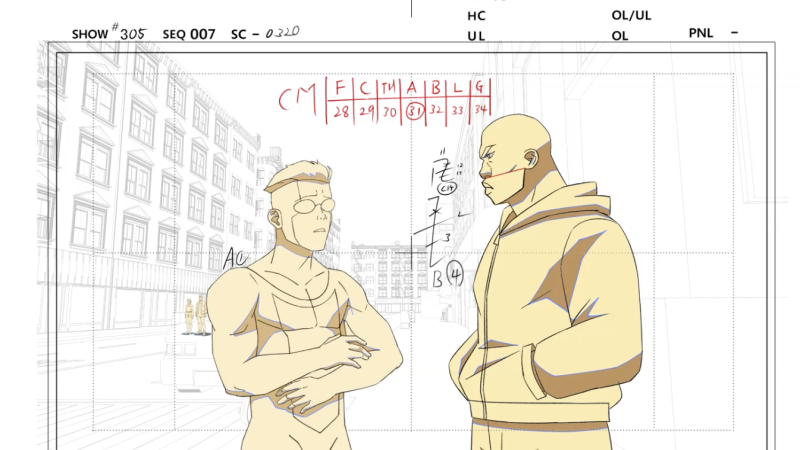Documents found on a North Korean server have led to the discovery that several American cartoon shows may have unknowingly been outsourced to North Korean workers. The images and videos shared with CNN suggest that North Koreans may have been involved in the animation work for these popular American shows, without the knowledge of the US animation studios. This revelation has raised concerns about the potential exploitation of North Korean labor and the ethical implications of outsourcing work to a country with a controversial human rights record.
The documents discovered on the North Korean server shed light on the extent of North Korean involvement in the animation industry, particularly in the creation of American cartoon shows. The images and videos shared with CNN provide visual evidence of North Korean workers working on animation projects that are widely popular in the United States. This finding has sparked questions about the transparency and oversight in the animation industry, as well as the responsibility of US studios to ensure that their work is not being outsourced to countries where labor practices are questionable.
The fact that US animation studios may have unknowingly outsourced work to North Korea raises concerns about the ethical implications of such practices. North Korea is known for its oppressive regime and human rights abuses, and outsourcing work to the country could be seen as supporting a regime that engages in unethical practices. The discovery of North Korean involvement in American animation projects highlights the need for greater transparency and oversight in the outsourcing process, as well as a reevaluation of the ethical considerations that come with outsourcing work to countries with controversial human rights records.
The revelation that North Koreans may have been involved in the animation work for popular American cartoon shows raises questions about the impact of outsourcing on the animation industry. Outsourcing work to countries with lower labor costs may be a common practice in the industry, but the discovery of North Korean involvement highlights the potential risks and ethical concerns that come with this practice. As consumers become more conscious of the labor practices behind the products they consume, US animation studios may face pressure to ensure that their work is not being outsourced to countries with questionable labor practices.
The discovery of North Korean involvement in American animation projects underscores the need for greater transparency and accountability in the outsourcing process. US animation studios have a responsibility to ensure that their work is not being outsourced to countries with controversial human rights records, and the discovery of North Korean involvement highlights the importance of due diligence in the outsourcing process. As the animation industry grapples with the implications of outsourcing work to countries with questionable labor practices, there is a growing need for industry standards and best practices to ensure that ethical considerations are taken into account in the production process.
Overall, the discovery of North Korean involvement in American animation projects raises important questions about the outsourcing practices and ethical considerations in the animation industry. US animation studios must take steps to ensure that their work is not being outsourced to countries with questionable labor practices, and consumers must be informed about the labor practices behind the products they consume. As the industry continues to evolve, greater transparency and accountability will be essential to ensure that ethical considerations are taken into account in the production process.


